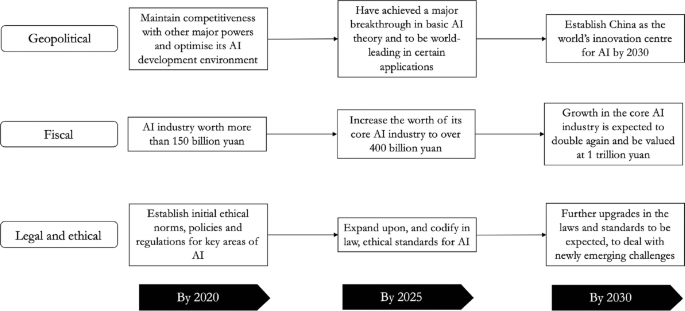Finally, Open AI blocks API services in China - AI Story global
OpenAI has taken additional measures to block Chinese companies from using ChatGPT to make AI products, according to the Chinese newspaper Securities Times, Reuters reported. While ChatGPT is not available in China, businesses could avail of OpenAI’s API (Application Programming Interface) services. However, Chinese users of OpenAI have recently received emails stating that additional measures will be taken to block API traffic from “unsupported regions.”
“We are taking additional steps to block API traffic from regions where we do not support access to OpenAI’s services,” an OpenAI spokesperson said in a statement to Reuters. However, the US-based company did not give a reason as to why the services would be blocked.

Chinese AI Companies Offer Migration Discounts
To fill the void, Chinese AI companies like Baidu, Alibaba Cloud, and Zhipu AI have since begun offering migration discounts for OpenAI’s customers.
Threat Actors Exploiting OpenAI Services
In February this year, an OpenAI report claimed that 2 Chinese threat actors called ‘Charcoal Typhoon’ and ‘Salmon Typhoon’ used their services to carry out malicious cyber activities.

Chinese Regulations on Artificial Intelligence
Additionally, in 2023, China adopted “Interim Measures for the Administration of Generative Artificial Intelligence Services,” which may require close collaboration between the Government and AI companies.
The rules state that content generated by generative AI had to be in line with the country’s core socialist values. Companies will be responsible for the legitimacy of data used to train their generative AI products and may also have to submit security assessments to the government first before publicly launching their services.
US Concerns and Regulations
The US Government has been vocal about its concerns regarding Chinese entities having access to AI created by the US. In May, the US government proposed a bipartisan bill calling for imposing export control on US AI systems to prevent access to foreign adversaries.

Similarly, the President’s Executive Order on Preventing Access to Americans’ Bulk Sensitive Personal Data highlighted concerns about potential negative use cases of AI in matters of national security.




















